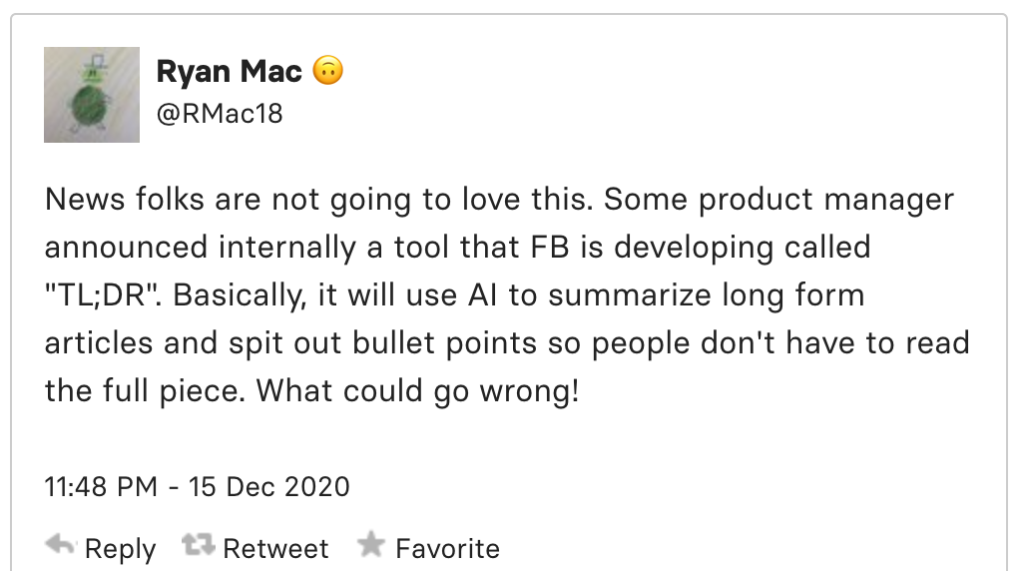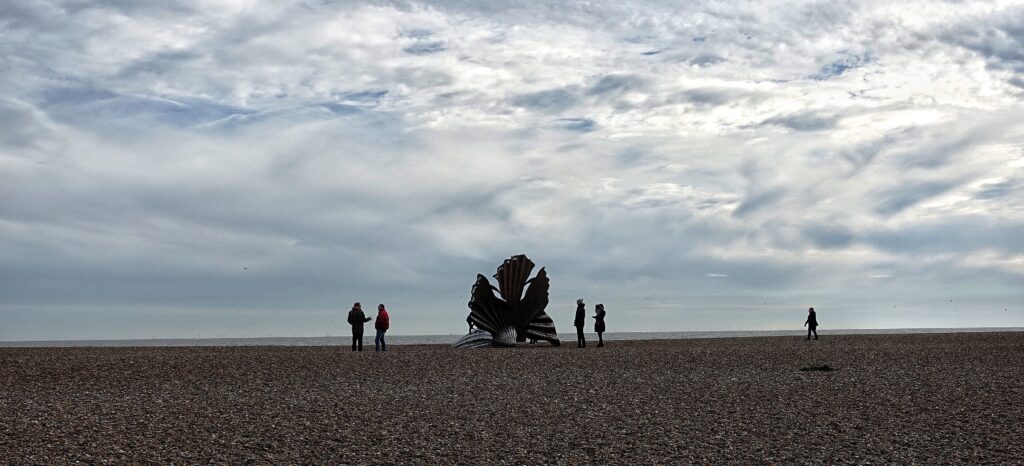The road once travelled

Quote of the Day
“Most of the change we think we see in life
Is due to truths being in and out of favour.”
- Robert Frost, ‘The Black Cottage’, 1914.
Musical alternative to the morning’s radio news
Joseph Haydn – Serenade
Link
Long Read of the Day
Concentrate! How a chess grandmaster thinks Lovely essay by Jonathan Rowson. Sample:
Chess invites me to deepen my concentration a few centimetres away from another being who is also trying to concentrate; someone I can smell, sense moving, and hear breathing. I often know, even like, these people, but they loom within my psyche in a relatively impersonal sense – a familiar energy, not friends as such. I sometimes think of chess opponents as psychopathic flatmates with whom I have to share a living space. They look harmless, but I know we signed the same contract that says they need to try to get inside my room, steal my possessions and hunt me down, before killing me; naturally, I am obliged to do the same to them. Together we create a story, and narrative themes such as attack and defence are both reduced and reified into particular moves with particular pieces on particular squares, which we record like stenographers, into our own arcana of algebraic notation. The climax of a game’s story might be ‘Brutal counter-attack!’ but the record merely reflects the logical power of a short sequence of moves, for instance: ‘…34. Bf3 Nh3+ 35.Kh1 Qg4!! Resigns.’
And this:
In his Utopian novel Island (1962), Aldous Huxley depicts ‘reminder birds’ called Mynahs who fly around periodically saying: ‘Attention!’ and ‘Here and now!’ to help bring the inhabitants back to themselves and the present moment. However, if Mynahs were to be released into London, New York, Delhi or Beijing today, it’s not clear what we would be asked to pay attention to or for. Today’s Mynahs are smartphone notifications, which seduce us through our weakness for novelty and coerce us through our fear of missing out, as ubiquitous advertisers, in league with psychographic profilers, harvest our attention as a commodity. Our problem today is not that we don’t or can’t pay attention, but that the systems and structures of society oblige us to pay attention so frequently and fleetingly that we cannot in fact concentrate. Lacking an ability to concentrate, it’s a struggle to construct and maintain a coherent and autonomous sense of self, which leaves us at the mercy of digital, commercial and political puppeteers. Without concentration, we are not free.
Why a Biden landslide didn’t materialise
Probably there are lots of reasons. But I was struck by this NYT interview with Jon Tester, the Democratic Senator from Montana who is also a farmer. The interview is basically about why the Democrats seems to have lost rural America, but this passage in particular stood out:
NYT: Some Democrats believe they are never going to establish a durable Senate majority because of the nature of every state having two senators and the party’s difficulties with rural voters. When you hear that, does that tick you off?
Yeah, it does. Yeah, it does.
Why?
Because the problem isn’t that the country’s skewed against the Democrats; the problem is that the Democrats have not done a very good job talking about what we believe in.
If there’s one mistake that is made way, way, way too often by folks in public service, it’s that you walk into a room and who does most of the talking? The senator.
Now, some forums that’s what the people want. But for the most part if you’re in a town hall, and you let people tell you what they’re thinking, let them tell you what’s going on — and then search into your mental database to find out if there’s anything that we’ve done to help solve that problem — then maybe you can have a conversation. But to walk in and say, “You need to think this, and this is what I believe is the right thing to think,” that switch goes off.
And then I find that this point has been taken up by Dave Winer on his blog:
The key point that the Democrats keep missing is that we want to do more. We will give you money and we will vote, but that’s not all we can do. Each of has special talents, abilities. Some of us have more time to give than others. But almost to a person, we want to be part of this, not spectators. Trump kind of got that, with his rallies. He didn’t condescend. He included them in his speeches. Talked to them like humans. This stuff isn’t hard, you have have to try to see things differently. We’re not just dollars and votes. # I’d like to hear Biden say, when asked if the US can get rid of the virus, hell yeah we can. This is what we’re good at. It’s why we invested in the military and science, to protect our people from deadly threats. Here’s the plan, here’s the timetable, and here’s how you particpate. #
The Dems talk about Americans, but rarely talk to Americans.
Senator Tester is also good on the mysterious way that Trump seemed to connect with people in rural America.
There’s no doubt about it, he has an appeal in rural America. I can’t figure it out, but there’s no denying it.
But I will also tell you I think there’s a long-term structural issue. And by the way, I’ve had this conversation with Chuck Schumer (the Senate Democratic leader) several times — that we have to do a better job developing a message so that rural Americans can say, “Yeah, those guys, they think like I do.” Because that’s what Trump has right now.
I can go into the list of things that might be insane about this president, but the truth is that rural people connect more with a millionaire from New York City than they do with the Democrats that are in national positions.
Facebook is developing a tool to summarise articles so you don’t have to read them
 From Buzzfeed
From Buzzfeed
Facebook told employees on Tuesday that it’s developing a tool to summarize news articles so users won’t have to read them. It also laid out early plans for a neural sensor to detect people’s thoughts and translate them into action.
Those announcements and product demos were part of an end-of-year, companywide meeting at the social networking giant, whose year has been pockmarked by controversy, employee discontent, and multiple state and federal antitrust lawsuits. BuzzFeed News obtained audio of the meeting, which was not public but was broadcast virtually to thousands of employees.
Led by CEO Mark Zuckerberg, the meeting featured a slew of prerecorded company executives, some of whom called 2020 a trying year as the company weathered a global pandemic and the backlash of the police killings of George Floyd, Breonna Taylor, and other Black Americans.
Despite the turmoil, the company’s leaders said the social networking company has moved forward, adding some 20,000 new workers this year. With more people around the world at home, the company has experienced record usage, said Facebook Chief Technology Officer Mike Schroepfer. Traffic throughout March was akin to New Year’s Day, typically Facebook’s busiest period of the year, he added.
“Our investments in technology aren’t just about keeping our services running,” he said, comparing the speed of Facebook’s improvements in messaging to the advancement of the COVID-19 vaccine. “We are paving the way for breakthrough new experiences that, without hyperbole, will improve the lives of billions.”
Oh yeah? This is another twist in the evolution of what Frank Pasquale calls the automated public sphere
Other, hopefully interesting, links
- The Fake News Immunity Chatbot. Linkl
- Kangaroos can ‘communicate’ with humans, study finds. This is sweet. Link
- Build your own earthquake detector — using a Raspberry Pi. Link The ingenious uses people find for this wonderful little computer never cease to amaze me. (And makes me ashamed that I only use it for mundane things like email, writing and browsing the Web.)
This blog is also available as a daily email. If you think this might suit you better, why not subscribe? One email a day, delivered to your inbox at 7am UK time. It’s free, and there’s a one-click unsubscribe if you decide that your inbox is full enough already!










